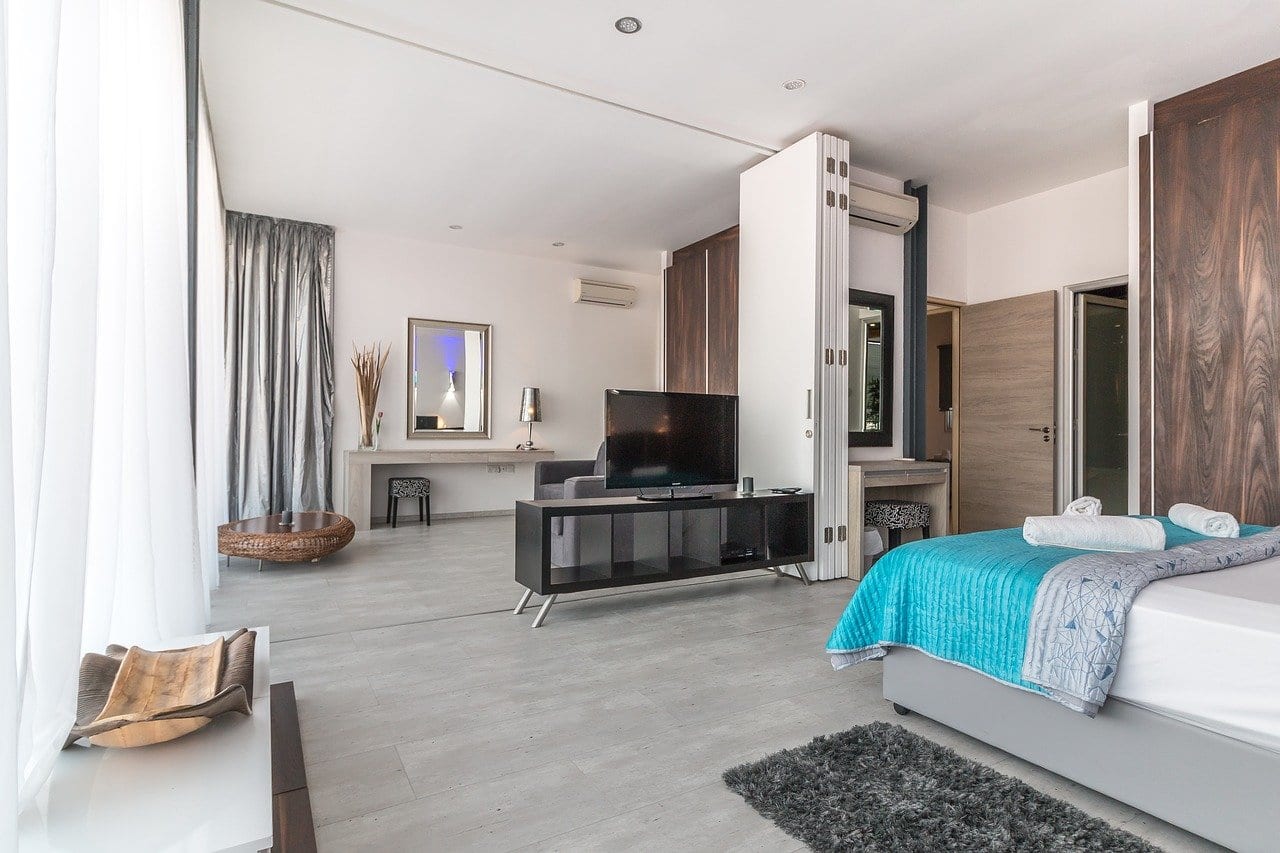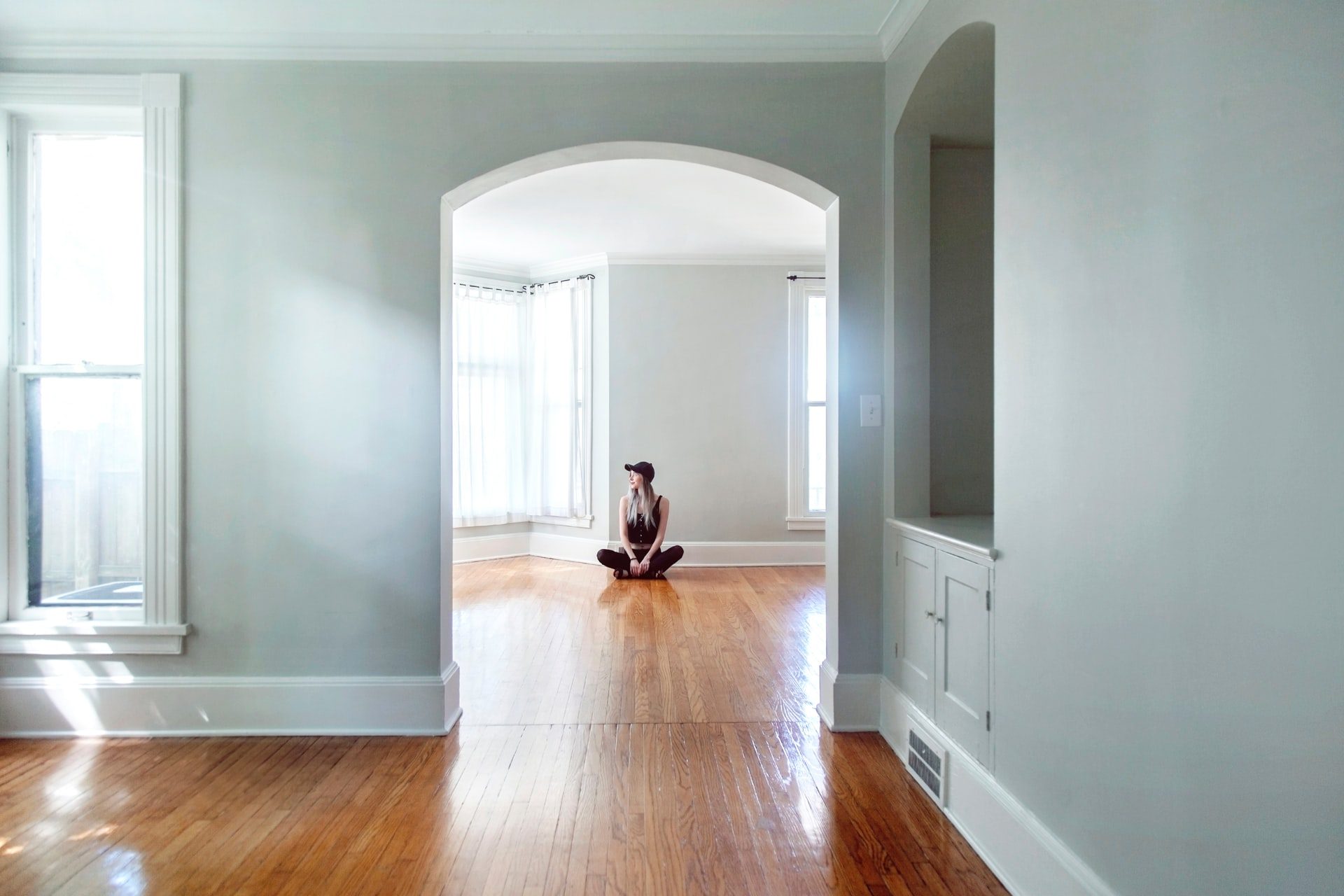If you own an investment property, you can choose to operate it as a short-term rental or a long-term rental. As each type has its own pros and cons, here are some tips for you to understand the core differences between them, and to help you figure out which one is the best fit for you.
Short-term rentals (STRs)
These are properties that are rented for a set period of time, usually a couple of days, a week, etc., but they are generally available for occupancy for fewer than 30 days at a time.
An STR is typically owned by an individual or small business owner and can often be used as a second residence or vacation home.
Pros
- Potential for higher revenue
When renting long-term, tenants usually pay a fixed price per week/month, no matter what time of year it is. With short-term rentals, however, you can set prices based on seasonality, weather, holidays, and special events, which means that you can turn a higher profit by keeping your eye on demand levels and predicting times of the year that might be more popular. - More revenue streams
With STRs, you also have the opportunity to form strategic partnerships for added income, by providing more amenities and upselling services such as local experiences or transportation services. - Low investment tenants
As soon as everything is up and running for your guests, they’re not likely to have many demands with respect to the actual property. It’s a much smaller investment on their behalf, so you will have less serious demands to manage. - More control
Tenants at STRs are not going to create changes to your property such as redecorating, and should you decide to sell your property after only a few months, or use the property for yourself, you can do so much faster than if you were locked in with a long-term contract.
Cons
- Less stable income
With STRs, it’s harder to calculate exactly how much you will be making on a yearly basis, as they provide a source of income that is highly dependent on market conditions. Also, short-term stays can often come with lulls in demand or last-minute cancellations, and even if you’ve set up your STR with amenities and extra services, in hope of increasing revenue, there’s no way of knowing how much any given tenant will spend during their stay. - More time-consuming
Considering the fact that STRs have a much higher turnover than LTRs, you will need to invest more time in the management of your property as a business, which includes its strategic promotion and hands-on management. - Higher starting costs
STRs are usually in locations that enjoy high demand, therefore increasing the cost of the initial acquisition. In addition, you’ll also need to purchase furniture and appliances, decorate, and make sure it has all the necessary amenities for short-term guests. - Higher running costs
There are many factors involved when determining how much you’re going to spend on a short-term rental, including amenities, upgrades, and whether you’re going to outsource the day-to-day of the property management.

Long-term rentals (LTRs)
These are properties that stay rented for longer periods of time; typically 6 months to 3 years, but can also include anything that’s available for longer than 30 days.
Pros
- Stable income
Due to the nature of LTRs, they provide you with a consistent cash flow, allowing you to manage your finances with much more clarity and certainty than you would get with STRs. - Less time-consuming
You can spend less time doing things like cleaning up after each tenant, fixing broken appliances, managing guest turnover, and replenishing basic amenities in between bookings. - Lower starting costs
Because your property is going to be considered by long-term tenants – and not tourists for example – it can be in a less expensive real-estate area, thereby lowering the cost of the initial purchase. Furthermore, with LTRs you have the option of renting it unfurnished, instead of having to also buy furniture, appliances, and more. - Lower running costs
Depending on the details of the tenancy agreement, chances are that you won’t have to worry about paying for 100% of the repairs, utilities, or cleaning costs when renting your property long-term, as most of these responsibilities fall on the tenant to cover.
Cons
- Less flexibility
Since agreements for LTRs are for longer periods of time, should you want to sell the property while it’s rented, you’ll need to wait until the tenant’s lease is up. - Less control
As long-term rentals are very often your tenant’s home, you’ll have to relinquish some control over who is allowed access to your property, as well as with regard to the design and decoration of the space. - High investment tenants
Unlike in short-term rentals, long-term rentals are a higher investment on behalf of the tenant, which means that they might come to you with requests for upgrades or renovations. Having said that, they’re also more likely to take better care of the rental. - Potential for negative cash flow
LTRs yield a lower income per annum than STRs, as the monthly rate is lower than the rates charged per night or per week. Furthermore, if you end up with your property vacant for too long, you could end up losing a significant chunk of money. It’s important to remember that you’ll still need to pay your mortgage, insurance, and property tax bills no matter what type of rental you own.

Some questions to help you decide
Here are some questions to ask yourself before deciding which type of rental fits you best:
How often do you want to rent your property?
If you’re planning on using your vacation home, even if it’s only once or twice a year, then short-term rentals might be the better choice. However, if you plan on renting the property out for a longer period of time and not need it for personal use, then long-term rentals could be the way to go.
What are your goals for your rental property?
If you’re looking to make a quick buck off your property, then short-term could work for you since you can usually create a listing on online services within 24 hours. There are several platforms that can help you do this, including Airbnb, HomeAway, VRBO, Turnkey and Vacasa.
But if you want to invest in something that has the potential to grow your portfolio, then long-term may be the better option.
Do you want to be a host or a landlord?
On the one hand, as a host, you will welcome guests from around the world to your property, and this includes having regular interactions with them and doing your best to make their stay as lovely as possible (providing helpful information, local tips, etc.) in order to get great reviews. As a landlord, on the other hand, you will have a stable relationship with a tenant who pays on a monthly basis, and who you probably won’t have to engage with much.
How much time are you willing to put into managing the rental?
If you’re not interested in spending time managing the rental property, then long-term might be best for you. If you are open to investing time and energy in the business of running a rental, and possibly turn a bigger profit, then short-term is worth considering.
If neither of the above options seem fitting, consider hiring a property management company. These are companies that can take over all the management of a property for a share of the revenue or with an agreed fixed payment, making it a stress-free experience for the owner. This can be done with short-term and long-term rentals, and there are companies that specialise in each type. For STRs, check out ALTIDO, GuestReady and Upstreet, and for LTRs, we recommend Blueground and Paris Attitude.
Are there any other tax or legal issues to consider?
Depending on where you live, there may be a substantial difference in the way your property will be taxed if it’s an STR or an LTR, and there may be legal clauses with respect to the types of rentals. Even if the information you find doesn’t nudge you in a specific direction, it’s something you should be aware of as a rental owner.
–
As with most choices in life, there are pros and cons to both options of renting out a vacation property. Long-term rentals are less vulnerable to market fluctuations but have a lower potential for income generation in contrast to short-term rentals which are, however, less stable.
The choice is yours to make, and will probably come down to the nature and location of the rental, the amount of time and money you wish to invest in your property and its management, and the level of risk you are comfortable taking.
Remember, you can always change your mind about which type of rental you decide to go with, so don’t feel like you’re locked into one choice!





